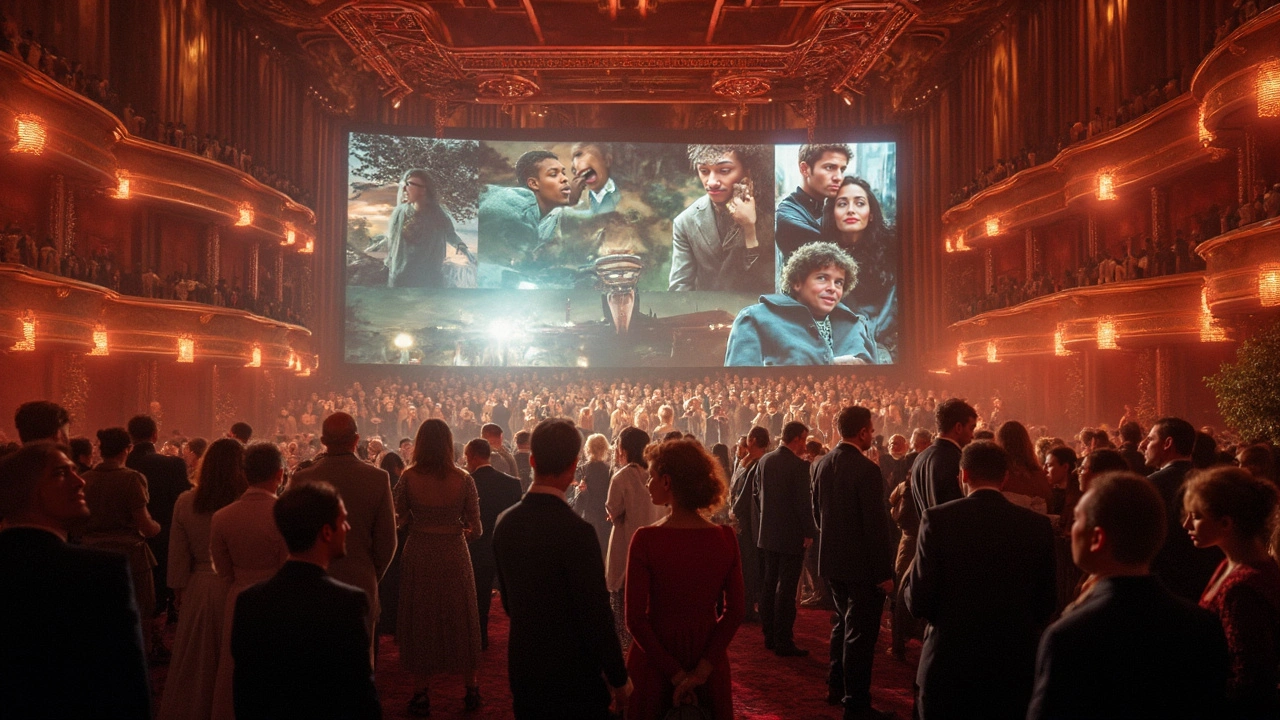Film Music: Why It Matters More Than You Think
Have you ever noticed how a movie scene can make you feel excited, sad, or scared without any words? That's the magic of film music. Composers use sounds and melodies to shape the way we experience stories on screen. It's not just background noise – it's a secret ingredient that helps movies come alive.
Film music works by matching the mood of a scene. For example, a fast-paced tune can pump you up during an action chase, while soft strings might pull at your heartstrings in a touching moment. This musical storytelling makes the emotions in films hit harder and stay with you longer.
How Film Scores Guide Your Feelings
Think about the last thriller you watched. Chances are, the music kept you on edge, even when nothing was happening on screen. Composers achieve this through clever use of rhythm, harmony, and instruments. They play with the audience’s feelings, building tension or offering relief just by changing the music. Without film music, many iconic movie scenes would feel flat or forgettable.
Some famous scores have become legends themselves. Take John Williams' work on "Star Wars" – those heroic themes immediately transport viewers to an adventurous galaxy far, far away. Or Hans Zimmer's powerful score for "Inception," layering intensity and mystery with his use of deep brass and electronic sounds. These soundtracks not only support the story; they become part of the film’s identity.
Behind the Scenes: Who Makes Movie Music?
Film composers are the creative minds behind the music, working closely with directors to get the right vibe. They write original songs, arrange the instruments, and sometimes even conduct orchestras. It’s a tough job that requires musical skill and a deep understanding of storytelling. A good composer knows how to make music that doesn’t distract but enhances the visuals and dialogue.
Aside from original scores, movies also use songs or ambient sounds to deepen the experience. For example, a nostalgic track playing during a character’s flashback can connect us emotionally and set a time period. Soundtracks often become so popular that people listen to them outside the cinema, sparking new interest in both the film and its music.
Next time you watch a movie, pay close attention to the music. Notice how it changes the way you feel about scenes and characters. Film music isn’t just noise—it’s a powerful storytelling tool that helps filmmakers share their vision and move audiences worldwide.
Music doesn't just accompany film-it controls the rhythm of every cut. Learn how composers and editors use tempo, beat, and silence to shape emotion and pacing in montages and key scenes.
View More
The International Film Music Critics Awards (IFMCA) 2016 celebrated the best in film music with notable winners and nominees. From sci-fi soundtracks to elegant scores, the event highlighted composers' significant contributions. The 2016 awards spotlighted both Hollywood heavyweights and international talents. This article examines the standout moments, industry insights, and impactful compositions from this pivotal year.
View More


